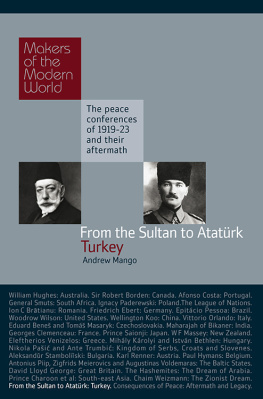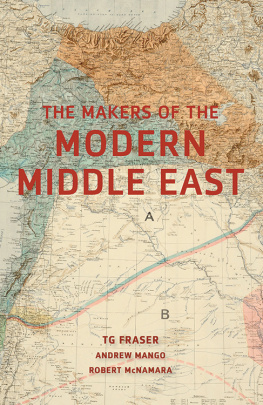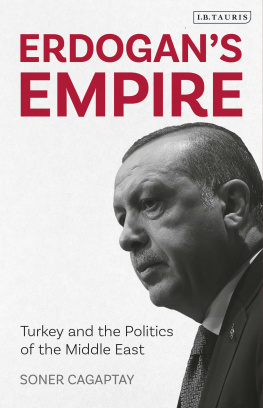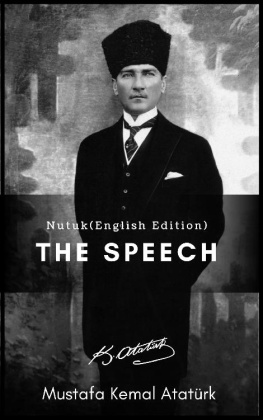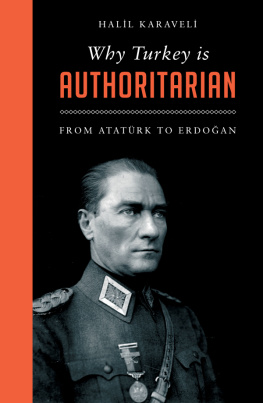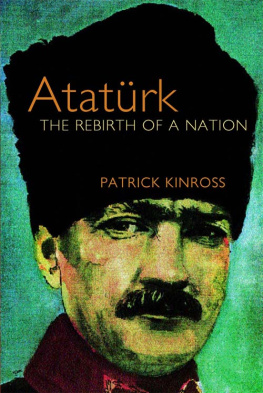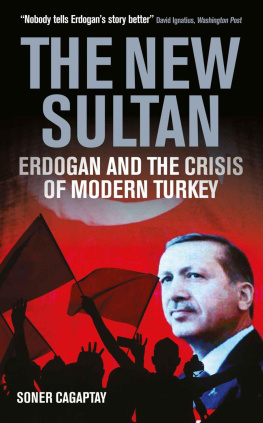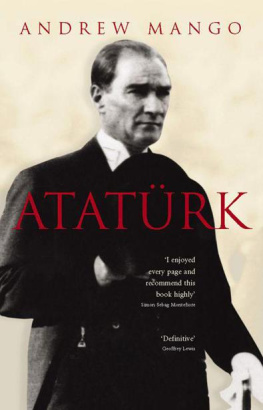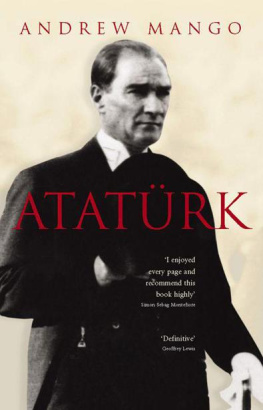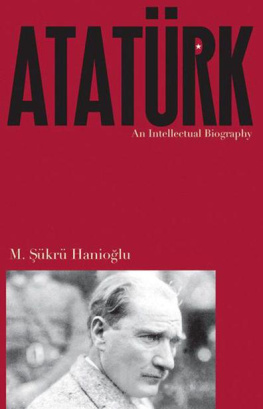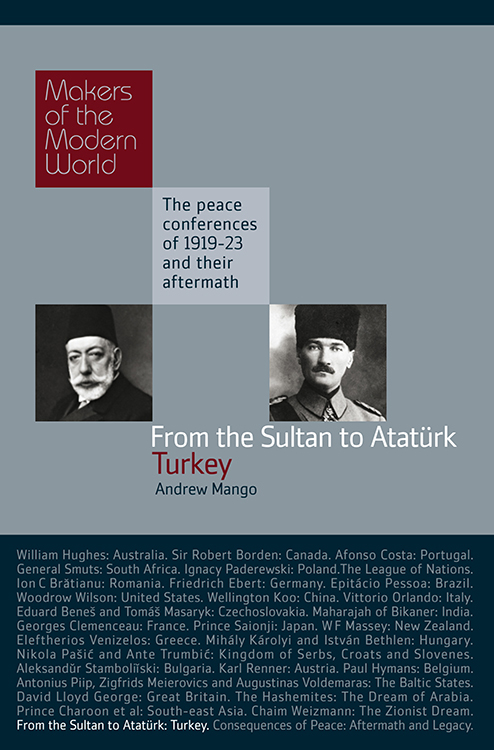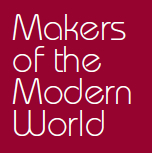From the Sultan to Atatrk
Turkey
Andrew Mango
To the memory of
Professor Metin And
A good friend who wore his learning lightly
Contents
Acknowledgements
My thanks are due to Jaqueline Mitchell, commissioning editor of Haus Publishing, who asked me to write this book, discussed the project in detail and then went carefully through the text and made useful suggestions for corrections and clarifications. I am grateful to the staff of the London Library for locating and allowing me to keep for months books and periodicals I needed to consult and quote. I thank Ahmet Yksel, the celebrated antiquarian bookseller, whose new premises in Ankara serve as a meeting place for historians in the Turkish capital. Once again I benefited from his rare ability to find out-of-print books. My friends in Turkey, with whom I discussed this book, have helped me with their suggestions and broadened my perspective. Finally, I apologise once again to Mary, who has put up with yet another postponement of my long-overdue retirement and the loss of a summer holiday.
Note on Spelling and Pronunciation
The names and spelling of people and places mentioned in this volume have undergone many changes over time. I have, on the whole, chosen the form currently used and, as such, recognisable to English-speakers today (who fly to Istanbul and not Constantinople, and spend their holidays in Kuadas and not in the Italianate Scala Nova, and in Antalya and not Adalia). However, historical perspective requires reference to older names and spellings. For places, I have usually given the current name first, followed by the name used by contemporaries of the events described, and, in some cases, the official name in more than one language, e.g. Istanbul/Constantinople, zmir/Smyrna, skenderun/Alexandretta, and Meri/Maritza/Evros for the river which forms the boundary between Greece and Turkey, which is called Meri in Turkish, Evros in Greek and Maritza in Bulgarian and in Western documents at the time of the settlement after the First World War. However, where a place name occurs frequently, rather than repeat the current Turkish name and the old European form every time, I have sometimes opted for the one or the other, depending on context. Mustafa Kemal did not change the names of the principal cities when he established the Turkish Republic. Istanbul, zmir, Ankara, Antalya etc. had long been the names by which these places were known to the Turks. What changed after 1923 was the insistence of the Turkish authorities that these forms should also be used by foreigners in their official dealings with Turkey. As a result, European ambassadors who were earlier accredited to the Sultans government in Constantinople were succeeded by consuls in Istanbul after 1923.
Where names of Turks occur, I give the modern spelling of the given names by which they were known at the time, followed in brackets by the persons surname which came into use when surnames became compulsory in 1934, e.g. Rauf (Orbay), Fethi (Okyar), smet (nn) etc. For the main hero of the book I have used Mustafa Kemal before 1934, and Atatrk thereafter.
Modern Turkish uses the Latin alphabet and is spelled phonetically. Consonants have roughly the same values as in English, except that:
C is pronounced as j in joy
stands for ch in chair
is silent, but lengthens the preceding vowel
H is never silent, and is pronounced as in he
J is pronounced as in French jour
stands for sh as in shell
Y is always a consonant as in yellow
Vowels have continental values (similar to those in German). and are pronounced as in German (or as eu and u) in French. The undotted I (I, ) represents a sound which does not occur in Western European languages, but does in most Slav languages where it is usually represented by a y. The nearest English equivalent would be the phantom vowel in the second syllable of rhythm (spelled in Turkish as ritm). I have followed modern Turkish spelling in dotting the capital as in smet, zmir, etc., except for Istanbul, where a dotted capital looks pedantic. Most vowels are of uniform length. Where a vowel is long (usually in a word of Arabic or Persian origin) a circumflex (^) is sometimes used to indicate it. Where the vowel a follows the consonants k or l, the circumflex shows that the consonant is palatalised (softened), as in Talt (pronounced Taliat).
One difficulty remains: there is no uniformity in the modern Turkish spelling of names of Arabic origin. I have used etymological spelling for the final consonant e.g. Read (not Reat), but phonetic spelling in the middle of the name, e.g. Vahdettin (and not Vahdeddin or Vahiduddin, Wahid al-Din or any number of other variants, all of which look peculiar in Turkish today).
I
Svres
Illusions of Power
The First World War destroyed the comfortable certainties of the ruling class throughout Europe. Like the aristocrats who had survived the French Revolution, the rulers of Europe were left with only nostalgic memories of the douceur de vivre of the old order. The mass slaughter on the Eastern and the Western Fronts gave the lie to widely-held illusions. Belief in the inexorable progress of civilisation died on European battlefields where the most advanced nations of the world fought each other with the most inhuman weapons and methods they could devise. Barbarians could have done no worse. But other illusions survived. One such was that not all empires were doomed, that while outmoded dynastic empires, like those of the Habsburgs, Romanovs and Ottomans, fell apart, the progressive empires of Britain and France, which had a democratic core, had emerged strengthened by the defeat of their rivals.
When the war ended, Britain, France, Italy and the United States known as the Principal Allies thought they could dispose as they wished of the fates and possessions of their enemies. This illusion of omnipotence was disproved first in Russia, then in Turkey and finally and catastrophically in Germany. The emergence of the Bolshevik empire with its centre in Russia, of the Turkish national state and then of the truly evil empire of the Nazis in Germany marked the failure of Allied policies. They had hoped that the First World War would be the war to end all wars, and that it would make the world safe for democracy. These hopes were quickly disappointed. The post-war settlement was short-lived, except in one case. The emergence of a fully independent, stable Turkish national state within the community of civilised nations was a fortunate, if unintended, consequence of the policies of the victors of the War, which we can now see for what it was a brutal civil war within the Western World.
The Ottoman state entered the fray in 1914 in a reckless gamble by a group of adventurers, led by a triumvirate consisting of two young career officers, Enver and Cemal, and one civilian, Talt. Enver, the leading spirit, was 33 years old in 1914, Cemal was 42 and Talt 40. Enver became Commander-in-Chief (formally Deputy Commander-in-Chief, since the Sultan was nominal C-in-C), Cemal Navy Minister, Commander of the Southern Front and Governor of Syria (which included Lebanon and Palestine), and Talt Minister of the Interior and then Grand Vizier (Prime Minister). These leaders of the Young Turks, as they were known in the West, had risen to power and fame in Ottoman Macedonia in the first decade of the 20th century. Their character had been moulded by their experience in fighting the irregular bands of Balkan nationalists Slav Macedonians, Bulgarians, Greeks, Serbs and, finally, Albanians. Nationalist irregulars were known in Turkish as

